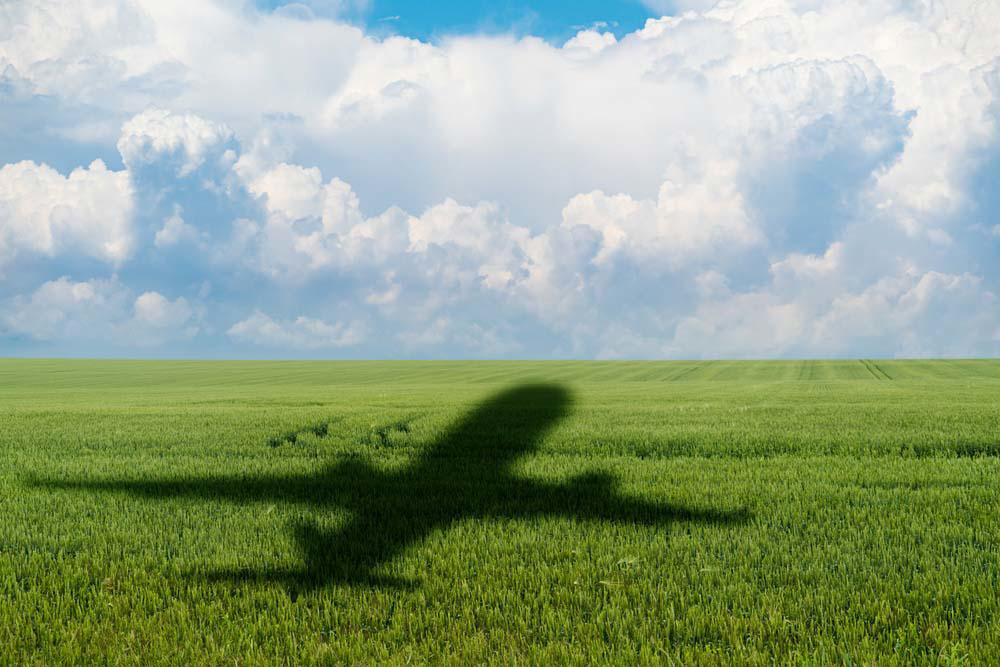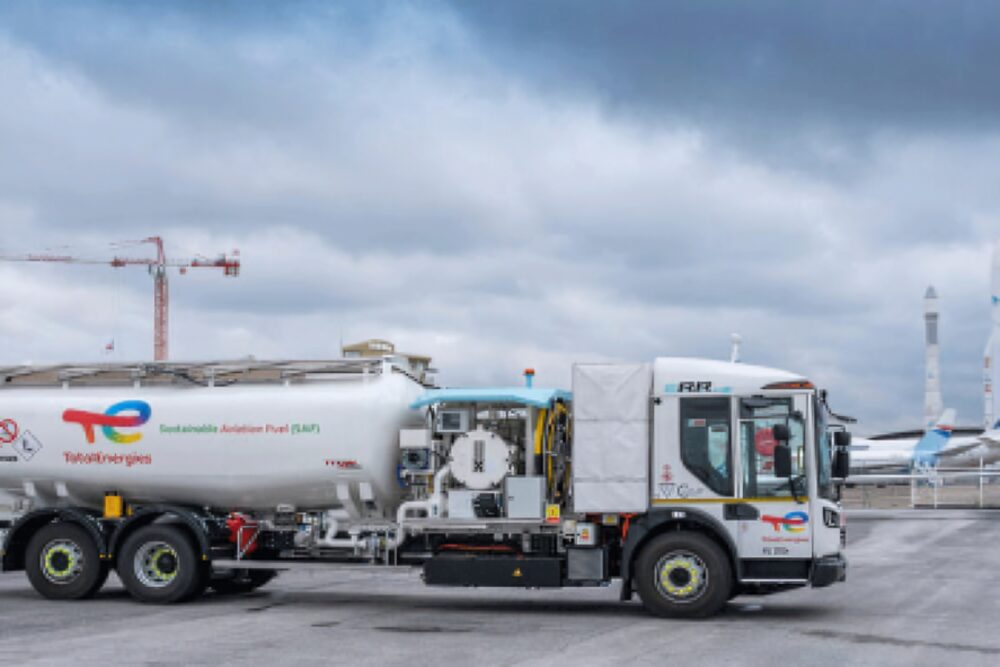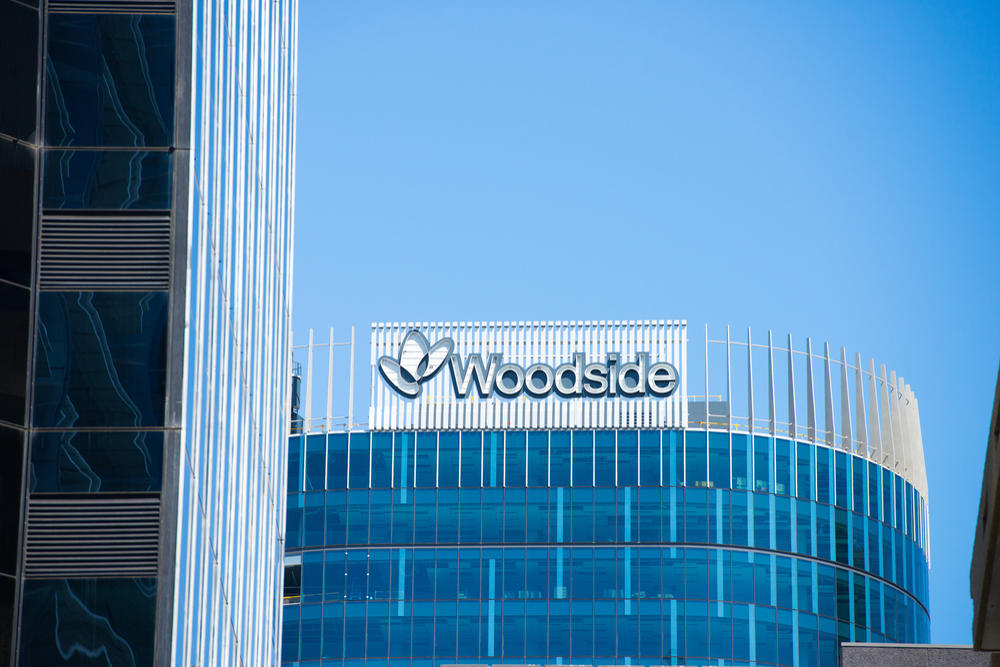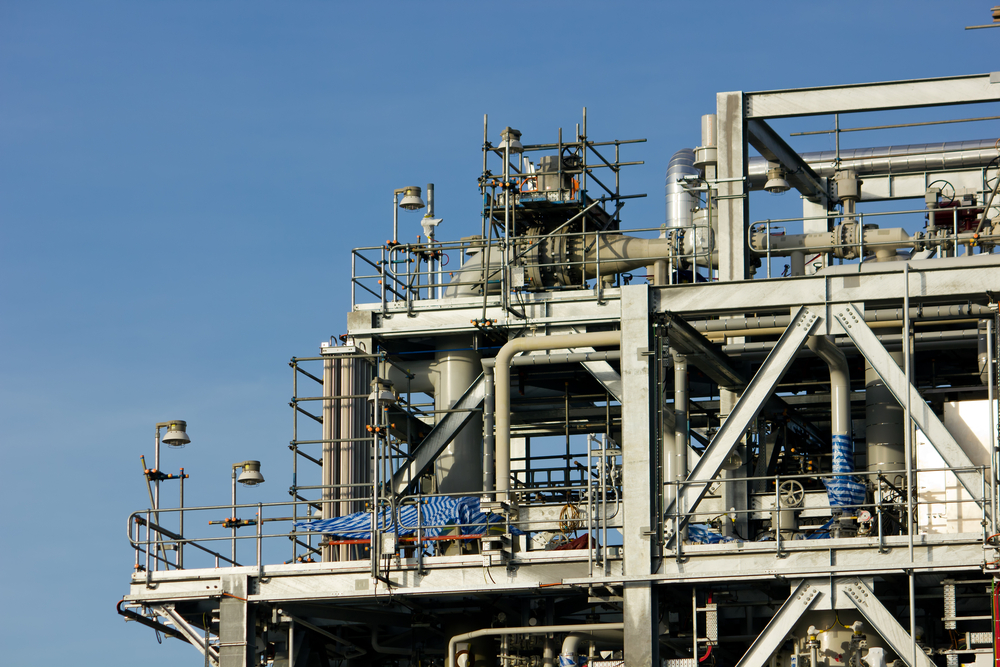
Australia’s national science agency — CSIRO — and Boeing Australia have released a new roadmap detailing that the nation has the opportunity to develop a sovereign sustainable aviation fuel (SAF) industry as the domestic demand for jet fuel is expected to increase by 75 per cent by 2050.
Produced from renewable sources, such as agricultural waste, animal fats and vegetable oils, SAF presents itself as a sustainable alternative for powering aircrafts, significantly lowering carbon emissions over the fuel’s life cycle.
The Sustainable Aviation Fuel Roadmap details the utilisation of Australian feedstocks to produce and scale production, promoting the development of an Australian SAF industry.
CSIRO Senior Manager and lead Roadmap author Max Temminghoff said that Australia was in a prime position to develop a domestic industry and that through a combination of feedstocks and mature technologies, a large and growing portion of the nation’s jet fuel demand can be met with local materials — such as agricultural waste and residues.
“By actively working to liberate feedstocks, the roadmap estimates that Australia is currently sitting on enough resources to produce almost five billion litres of SAF by 2025. This could supply nearly 60 per cent of jet fuel demand projected for that year,” Mr Temminghoff said.
“That’s enough fuel to power 640,000 Melbourne to Sydney return flights on a Boeing 737,” said Temminghoff.
CSIRO’s Perth laboratory currently possesses the technology to convert feedstocks into viable jet fuel through a procedure identified by the report as the ‘Alcohol-to-Jet and the Fischer-Tropsch process’.
However, Temminghoff stated that the Australian government, industry and research must cooperate to see through key challenges and realise the economic and sustainability benefits of a domestic SAF industry.
The challenges that the industry must address include:
- feedstock availability
- adhering to international standards and regulation
- supply chain constraints
Short-term key feedstocks suggested in the report are biogenic materials — such as sugarcane, sawmill residues and municipal solid waste — and medium to long-term key feedstocks point to hydrogen and CO2.
According to Boeing Regional Sustainability Lead APAC and Roadmap co-author Heidi Hauf, the report findings showcased that a local SAF industry would contribute to decarbonisation, ensure energy security and aid in the creation of regional jobs and new export markets.
“The report identified the role the Australian Defence Force could play in kickstarting Australia’s SAF industry and also addressing Australian fuel security challenges.
“Currently, Australia imports 90 per cent of its liquid fuel, including jet fuel, through long supply chains exposed to geopolitical and climate change risks, and delays associated with quality issues, placing the country in a vulnerable position when it comes to jet fuel security.
“With alternative technologies such as battery and fuel-cell powered planes still limited in long haul capabilities and the increasing competition for carbon offsets, SAF offers the largest potential for reduced aviation emissions in the near-term,” said Hauf.
CSIRO Energy Director Dr Dietmar Tourbier said the roadmap aligns with the Federal Government’s Jet Zero Council and supports the commercial aviation industry’s commitment to achieving net-zero carbon emissions by 2050.
Boeing and CSIRO have collaborated for a total of 34 years on joint research projects — leading to significant aerospace advances, with a focus on scaling SAF production across the region.







